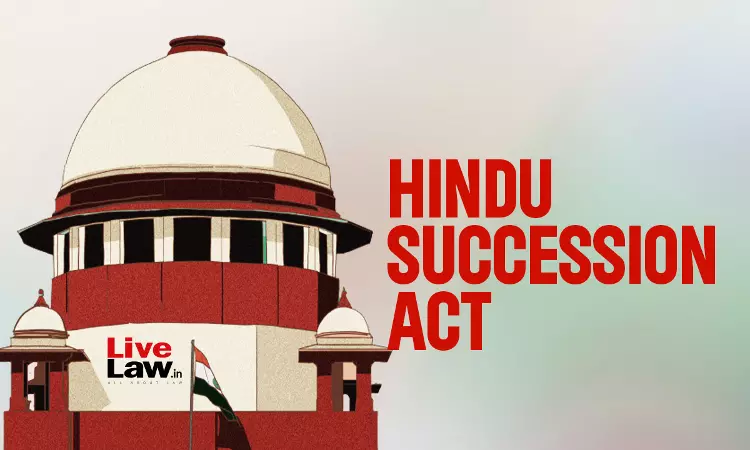The Supreme Court today (Dec. 19) again urged the Parliament to look into pathways to secure the right of survivorship to female Tribals by making necessary amendments to the Hindu Succession Act, 1956 (“HSA”). The Court referred to the Kamla Neti v. LAO (2023) judgment where it was noted that “it is high time for the Central Government to look into the matter and if required, to amend...

